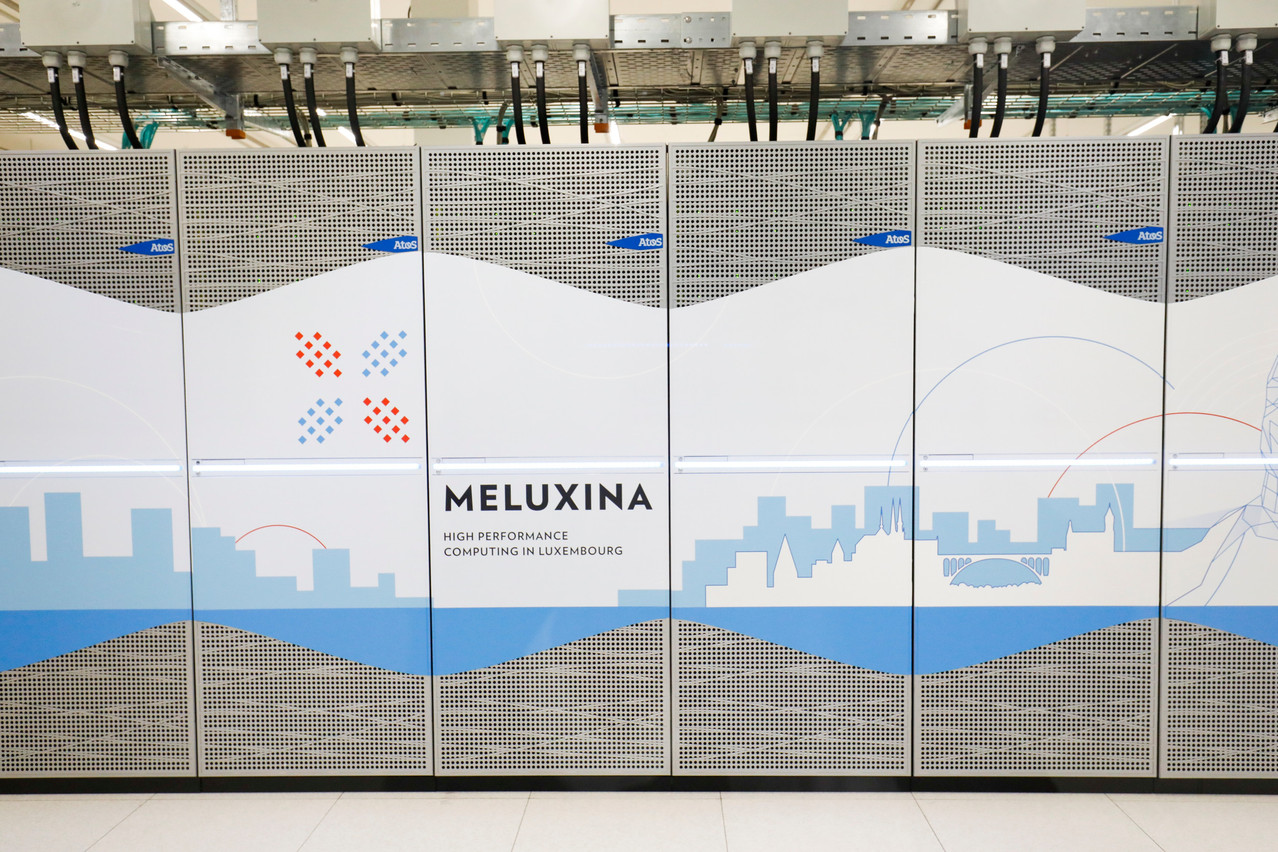Using the Meluxina supercomputer--launched in June 2021 with a €30.4m investment--SES and uni.lu’s Interdisciplinary Centre for Security, Reliability and Trust (SnT) aim to work on SES’s satellite networks. The high performance computer, which ranks in the world’s top 50 installations, will among others support modelling, performance optimisation and radio spectrum usage for broadband satellite communications systems, in a project titled “Resource allocation for satellite communications”.
SES over the last couple of years has continued to grow its fleet-- dating to the end of March. Providing content and connectivity services to millions of households in the world, “resources such as spectrum and transmission power need to be continuously allocated in the most optimal way to maximise the system performance,” a joint press release states.
It continues: “As SES starts operating its fully-digital satellites – SES-17 and O3b mPOWER, its second-generation medium earth orbit (MEO) constellation – the need for intelligent automation and optimisation of satellite systems has become increasingly important. SES and one of its industry partners have developed groundbreaking advancements for large-scale optimisation across its new satellites. The addition of the computational power of MeluXina and a research partnership with SnT brings testing and modelling of various scenarios to a different level.”
SES currently has over 70 satellites split on two orbits around Earth. Their collaborative project with SnT was selected among other international and national applicants to receive early access to Luxprovide’s Meluxina, as it was recognised as having the highest potential “impact on society, science and the economy.”
, the university and Luxprovide had signed a framework agreement to use the HPC on research projects.
